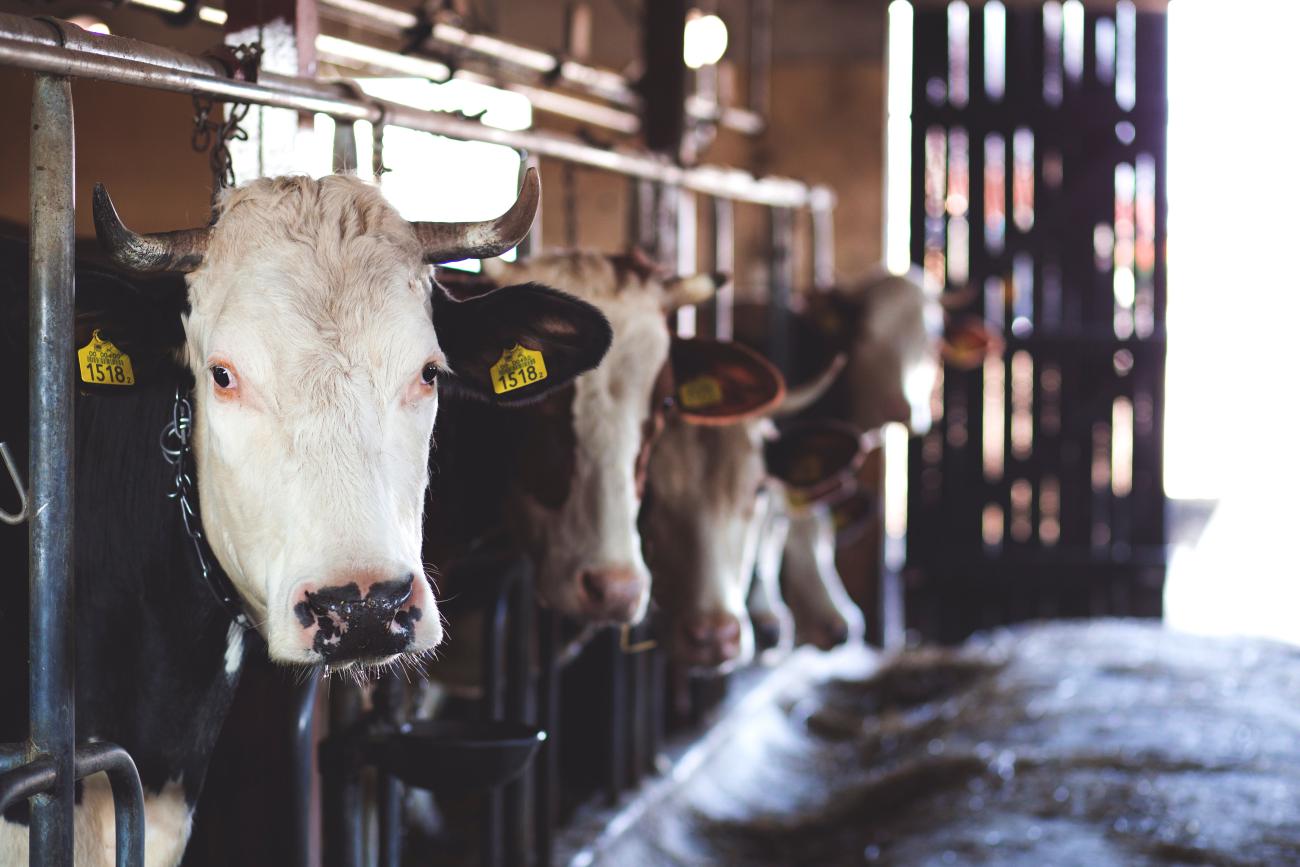The “Farm to fork” strategy was proposed by the European Commission as part of the Green Deal in December 2019 to enable the EU to make a real contribution to sustainability goals and allow us to address the important challenges faced by our food systems. In 2050, the world’s population is projected to reach nearly 10 billion and we, therefore, need to ensure all these people have sufficient access to safe, affordable and nutritious food.
While the transition to more sustainable food systems has started, feeding a fast-growing world population remains a challenge with current production patterns that pollutes our air, water, and soil, as well as contributes to the loss of biodiversity, climate change, and resource depletion. From the consumption perspective, there is as well a lot of issues to address due to the high prevalence of diet-related diseases and related health care costs, as well as the unacceptable levels of food waste at all stages of the food supply chain.

As part of the European Commission’s Have your say HCWH Europe has provided feedback on the proposal, highlighting the following considerations.
The strategy should initiate a sustainable transition to agro-ecological farming that responds to climate change challenges, phases out pesticides, and maintains vital biodiversity whilst providing a sufficient and healthy diet for a growing population. Urgent action is particularly needed to reduce pesticide use in Europe, and HCWH Europe supports the introduction of a more ambitious target to reduce pesticide use by 80% by 2035 as proposed by the European Citizens' Initiative. It is also extremely important to properly implement the EU’s existing pesticide regulation and the precautionary principle, ensuring that risk assessment methods are overhauled to be scientifically rigorous and objective.

As the name suggests, the Farm to Fork strategy is intended to comprehensively cover all aspects of the entire food supply chain – and should, therefore, promote sustainable and healthy diets. Several major data-driven reports released in 2019 have demonstrated the uphill climb to meet key international nutrition goals unless we shift our consumption patterns in Europe to more plant-based diets and reduce food waste across the full supply chain. The European Commission must create health-enabling food environments where healthy options are the default and the easiest, most affordable option by drawing on the WHO Best buys and other recommended interventions, such as:
- Regulate the marketing and advertising of unhealthy food
- Support sustainable public food procurement
- Integrate nutrition education and counseling into professional education curricula (for instance medical professionals), highlighting the connections between food, climate change, and health with a focus on plant-based nutrition.
Learn more in Health Care Without Harm Europe’s response here
Ultimately, the Farm to Fork strategy must develop inclusive and transparent governance and a coherent regulatory framework that considers collaboration and cooperation amongst different sectors and stakeholders in the food supply chain, and perhaps most importantly guarantee that all stakeholders receive the necessary support to transition to sustainable food systems.